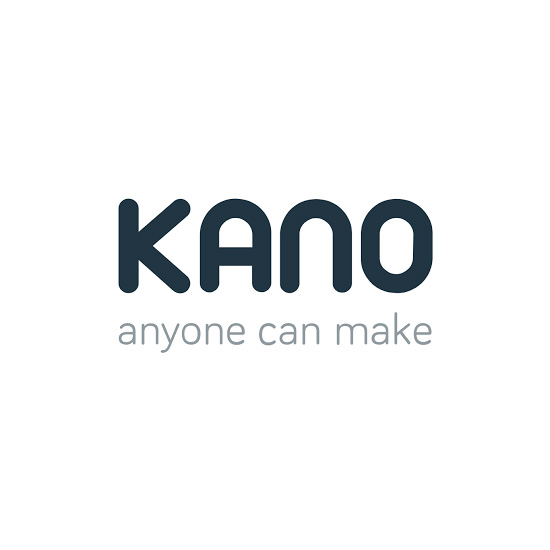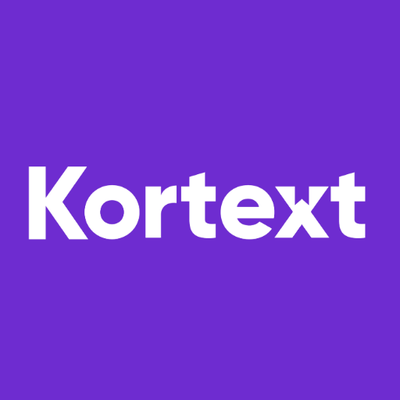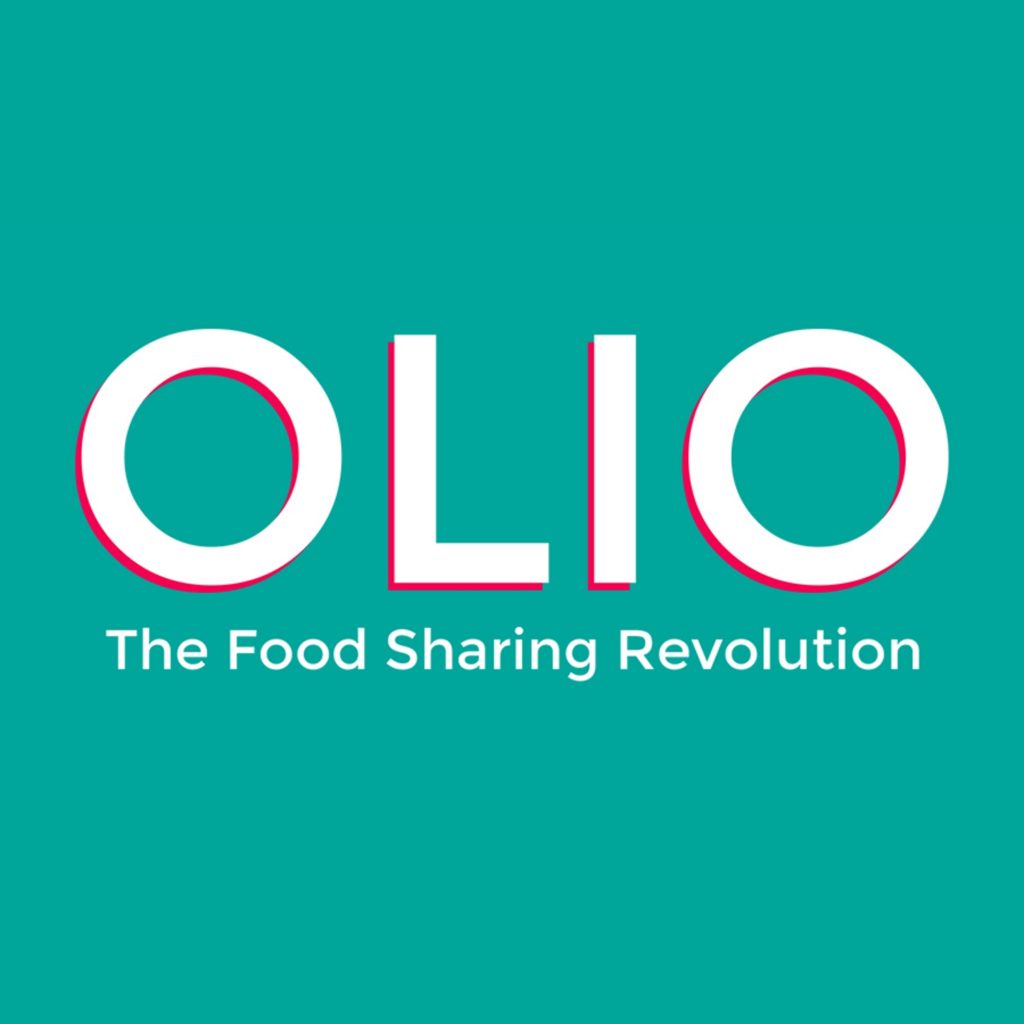8 technologies that will transform how we live during COVID-19
Category: Uncategorized
With the UK under a (partial) lockdown, many businesses have been forced to close. The Government has put unprecedented measures in place to support the economy through the crisis, with billions of pounds worth of grants made available, deadlines extended on business payments, and a promise that no commercial tenants will be evicted from rented offices over the next three months. But as we’re all adjusting to a new way of living and working whilst we stay at home, many businesses are flourishing. In this post, we’ve profiled some of the UK’s most exciting businesses in niches that we expect to do very well over the coming months.
Video Conferencing
Video conferencing software has been the standout tech over the past couple of weeks. Many of us are now reliant on video calls for a productive day of remote working, and are even using conference software intended for businesses for extended virtual gatherings with groups of family and friends.

StarLeaf
Amount raised: £58.6m
Hertfordshire-based StarLeaf provides online video meeting and messaging solutions, running on all major systems and devices. The software has an extensive range of upgrades and integrations including Microsoft Outlook, Teams, Slack and Google Calendar, with the aim of making remote work as seamless as possible. Solving a problem that has plagued Zoom for the past few weeks, StarLeaf protects against spam callers and offers full call security and privacy. To help businesses continue as normal through the coronavirus crisis, StarLeaf have made all online video meeting and messaging solutions free for everyone. They also plan to provide customers with additional licensing flexibility, resources, and an option for increased service capacity to meet higher demand.
The company was founded in 2008 by Mark Richer (CEO), Mark Loney (CTO) and William MacDonald (CTO). Richer and MacDonald had previously founded Codian, a manufacturer of video conferencing infrastructure that was acquired by Tandberg for $270m in 2007. StarLeaf has grown steadily over the last decade, with a rapidly growing international client base across Europe, New Zealand, America and Australia, with plans to expand worldwide.
In 2018 StarLeaf reported a turnover of £18.4m and is VC backed, having secured eight equity funding rounds. Their latest round of £12m was raised in 2019, and to date their total funding secured totals £58.6m with investment from Grafton Capital and Highland Capital Partners.

Visionable
Amount raised: £11.4m
A more recent entrant to the scene, Visionable has developed conferencing and streaming software designed specifically for the healthcare industry, combining video calls with specialist clinical imaging capabilities. Visionable saves healthcare professionals valuable time travelling to and from meetings, allowing them to join team discussions from anywhere, enriched with large amounts of clinical information. Clinicians can also interact with and diagnose patients remotely – an incredibly useful function in the midst of a highly contagious pandemic.
Visionable was founded by Alan Lowe (CEO), who previously led the Service Improvement Program for NHS Westminster, and Lord Victor Adebowale CBE. The company was first registered in 2015, and has since received grant funding, secured equity finance and attended an accelerator programme in order to scale operations. To date, a total of £11.4m has been injected into the company over four funding rounds.
Visionable is already making a big impact on the NHS. The technology is being used by around 100 NHS clinics in the UK and the company has collaborated with NHS East of England to improve stroke treatment, as well as with North West London Cancer Network to reduce patient waiting times.
In the past few years, Visionable has paved the way forward with many exciting initiatives. In 2019, they kitted out the UK’s first smart ambulances, partnering with O2 and Samsung to use 5G and offer unlimited forms of data sharing by streaming in a feed from anywhere. The idea is that you can simultaneously bring in multiple doctors on webcams, have multiple cameras on the patients and enable a hospital to see the CT scans of that patient, all in perfect resolution. The company has also partnered with Amazon to develop Alexa-style voice commands so doctors can work ‘hands-free’. The startup is now planning to expand its presence in healthcare systems across the world, with particular plans to target India and the US in 2020.
eHealth
There is now a great demand for technology that helps support the elderly, vulnerable and sick whilst we’ve all been asked to stay at home, and minimise the need for contact between patients and their carers and doctors.

Babylon
Amount raised: £518m
One of the household names in the eHealth space is Babylon, which has developed an app to enable patients to book and conduct remote video consultations with a GP and send prescriptions to a specified location. Using the power of artificial intelligence, patients can use the app’s chatbot to discuss their symptoms and consult with a doctor or ‘virtual nurse’, with many services available 24-hours a day.
In late 2016, Babylon started working with Dr Jefferies and Partners practice to launch a GP clinic in Fulham. Since then, more than 40,000 people across London have joined the Babylon-owned NHS practice, creating one of the largest and fastest-growing surgeries in the UK. By the end of 2019 the company had nearly 1 million new registrations, bringing their total users to almost 4 million. The company has operations in the UK and Rwanda, launched in the US in January 2020, and is now planning to expand to the Middle East and China.
To date Babylon has received an astonishing £518m in fundraisings, and is one of the UK’s 22 visible unicorn companies. Notable investors include Hoxton Ventures, JamJar Investments, Investment AB Kinnevik, NNS Holdings, and Vostok New Ventures. In 2019 they received a whopping £454m in equity fundraising, with a large portion of this coming from Saudi Arabia’s state-owned investment fund. Other notable competitors in this field include Push Doctor, which provides a similar online demand GP surgery and is backed by investments totalling £41.6m.
Babylon has now launched a COVID-19 Care Assistant, for those who are self-isolating, or finding it hard to access information about coronavirus. The service offers free information from NHS doctors and clinicians, and can be accessed through the Babylon app and website.

Cera
Amount raised: £72m
Cera* provides pensioners with at-home carers who can offer support with medical issues and personal services such as shopping. Care can easily be scheduled via phone or the company’s centralised technology platform, which can automatically match patients to carers with the skills necessary to manage their conditions. In 2018, Cera partnered with IBM to pilot the use of autonomous vehicle technology in home care. By scanning the home environment, “lidar” sensors could learn a particular person’s daily routine, and alert carers when there’s a disruption (a similar product to that offered by Care Canary).
By acquiring suitable traditional care providers, Cera hopes to introduce efficiencies across the sector. In 2018 the company acquired Nottingham-based Radcliffe Home Help Services and Yorkshire’s Advanced Community Healthcare and in 2020 it acquired Mears Care. These acquisitions were fuelled by a total of £72m of investment, including a £53m equity and loan fundraising last month led by Guinness Asset Management, Kairos Ventures, Yabeo, and other undisclosed investors.
To help beat coronavirus, Cera will launch a large-scale effort to train and certify workers as qualified carers and put them to work in as little as 10 days. They also guarantee these jobs to be long-term, even when the effects of the COVID-19 outbreak lessen.
*Cera shares significant shareholders with Beauhurst.
EdTech
As schools, nurseries and universities have shut their doors to the majority of students, parents are now faced with keeping their children entertained at home for hours on end, with many of them trying to do their own work in between. Along with the rise of virtual celebrity-led classes, we’re already seeing the start of a significant boom for edtech companies that have products, solutions and activities to educate and entertain children and older students.

Kano
Amount raised: £59.3m
Headquartered in London, Kano develops and sells kits to teach children how to make computers and learn to code. The company was founded in January 2013 by current CEO Alex Klein, along with cousin Saul Klein and Yonatan Raz-Fridman. To date, Kano has secured £59.3m worth of equity finance and £1.52m in grants.
In 2014, the team launched a crowdfunding campaign for the Kano Computer Kit, which was the first make-your-own computer for all ages which you can attach to a monitor. Related software is available to teach children how to code, and allow them to share their projects on the Kano world online community. In 2018 Kano made magic with Warner Brothers by launching a Harry Potter coding wand that would respond to movements. Following this, in 2019 they partnered with Disney, to launch ‘Frozen 2’ and ‘Star Wars The Force’ Coding Kits. Others in the same space include San Francisco-based Piper and another London-based company, Pi-top.
2019 was a particularly impressive year for Kano. The company secured a £14m finance package from HSBC to fund global expansion, along with two other equity rounds totalling £10.6m. In the same year Fast Company magazine named Kano as the second-most innovative company in consumer electronics worldwide and the 24th most innovative overall. The team also joined forces with Microsoft to create and build ‘the Kano PC’, a modular Windows computer kit which is touch-screen enabled and runs on Windows 10.
Following the outbreak of COVID-19, Kano has made ‘Kano Club’ open to everyone, which includes exclusive club projects, tools, and online videos for children to work on from home. The company is also offering the first 8 lessons of ‘Creative Curriculum’ for free, which includes worksheets, lesson structures, and answer sheets.

Kortext
Amount raised: £14.8m
University campuses have been deserted, exams have been cancelled or moved online, and concerns are rising about how higher education students can continue studying whilst libraries have closed their doors. As students try to work remotely, there will undoubtedly be a surge in the demand of digital textbooks and reading materials. That’s where Kortext comes in.
Headquartered in Bournemouth, Kortext is the UK’s leading digital textbook and personal study platform. Founded in 2013 by CEO James Gray, the platform now offers over 1 million eTextbooks from over 2,000 publishers to students in over 80 countries around the world. The Kortext platform allows students to digitally annotate any ebook and download course packs, lecture notes, presentation slides, and other materials that may be relevant to their course.
In 2018, Kortext was selected as a member of the London Stock Exchange ELITE Programme, a scheme designed to help fast growing companies as they prepare and structure for the next stage of international growth.
In 2019 the company partnered with HP, so that any child with an HP Windows Education Edition device could have access to a free library of selected digital textbooks through the Kortext app. In the same year dmg ventures, the venture capital arm of the Daily Mail and General Trust plc, led a growth funding round in the company. To date, Kortext has received a total £14.8m of investment.
The future looks promising for the company, given the temporary closure of libraries across the country, and especially in light of Chancellor Rishi Sunak’s 2020 Budget announcement that, from December, VAT will no longer be charged on digital publications. To support UK higher education institutions in their response to COVID-19, Kortext has launched a Free Student eTextbook Programme. This is a cross sector partnership with Jisc and leading academic publishers.
Community Sharing
A third of the food we produce globally is thrown away, and UK households are a large part of the problem, being responsible for over half of all food waste across the country. As shoppers across the country continue to panic-by following the outbreak of COVID-19, never has it been more important to reshape our heed-less attitude to a more community-minded one.

Olio
Amount raised: £15m
One company using digital innovation to encourage more responsible behaviour is Olio, an app that allows people and businesses with excess food to share it with their neighbours and local businesses.
Individuals and businesses can list food (or other unwanted household items) with a photo and description. Following a private message, a person in the local area is able to pick that item up for free. Olio also has 4,500+ trained volunteers that collect and redistribute unwanted food from businesses, free of charge. The company was co-founded by Tessa Clarke (CEO) and Saasha One (COO) in North London in 2015 and has now expanded to more than 45 countries.
Currently, Olio has around 1.8m registered users, with roughly 3.5m portions of food shared as a result, and around 70,000 meals shared per month. The company has partnered with a swathe of food businesses to help them reduce their food waste, including supermarket chains Tesco, Morrisons and Sainsbury’s, who piloted Olio as an ‘online food bank’ to donate food to.
To date, Olio has secured a total of £15m in fundraisings. Investors include Simpleweb, Accel, Octopus Ventures, SEED Investments, Silvergate Investments, Quadia SA Impact Finance, and Mustard Seed. The company has also received funding from ASOS co-founder Quentin Griffiths, and Easynet COO Wayne Churchill.

Farmdrop
Amount raised: £31.3m
Whilst Olio helps redistribute food amongst consumers, Farmdrop has developed a website to allow consumers to go straight to the food source and avoid the empty shelves of panic stricken supermarkets, by ordering and paying for produce directly from farmers. Initially Farmdrop began its service by delivering produce from local farmers to libraries, community centres and pubs, but now it delivers directly to homes. Unlike the traditional retailers, farmers and fishermen receive a higher percentage of the retail price by using Farmdrop as no middlemen are involved in the supply chain and many of them simply harvest and ship to order, reducing waste and helping the environment. In 2019 the company launched a range of freshly sourced ready meals in sustainable packaging called ‘Made by Farmdrop’ to add to their expanding range of food produce.
The London-based company was launched by ex-city broker Ben Pugh in 2012, but since 2019 has been under the reins of Eleanor Herrin. Pugh ploughed in all his savings and raised £750,000 through crowdfunding platform Crowdcube from 190 backers including ASOS co-founder Quentin Griffiths. Later investors include the founder of Skype Niklass Zennström, Impact Ventures, and Belltown Ventures. In total, Farmdrop has raised more than £31.1m to support its efforts.
Following the current crisis, Farmdrop is doing everything it can to support the teetering food chain. Like so many other food retailers, the company has introduced a queuing system to their online delivery system to meet the high demand for food.
Closing Thoughts
As businesses continue to offer access to their services for free amid the crisis, this new wave of users and the growing necessity for innovative solutions could permanently reshape our habits. Keep your eyes peeled over the next few weeks as we continue to spotlight more companies and sectors that are likely to do well during the crisis.
Discover the UK's most innovative companies.
Get access to unrivalled data on all the businesses you need to know about, so you can approach the right leads, at the right time.
Book a 40 minute demo to see all the key features of the Beauhurst platform, plus the depth and breadth of data available.
An associate will work with you to build a sophisticated search, returning a dynamic list of organisations matching your ideal client.